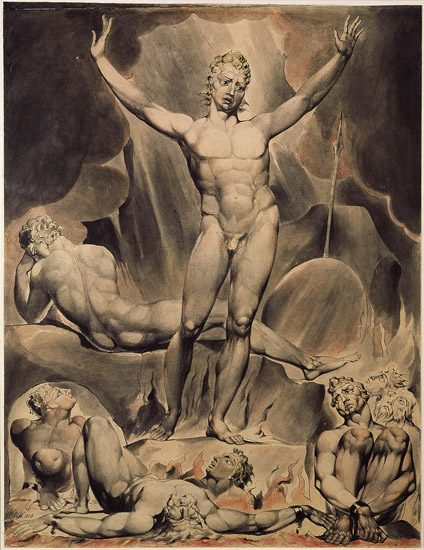To see a World in a Grain of Sand
for - poem - William Blake - Auguries of Innocence - To see a world in a grain of sand - unus mundus - the hole in the whole - adjacency - Koan - the elbow does not bend backkwards - Willliam Blake - To see a World in a Grain of Sand - Indra's net - Carl Jung - Unus Mundus
